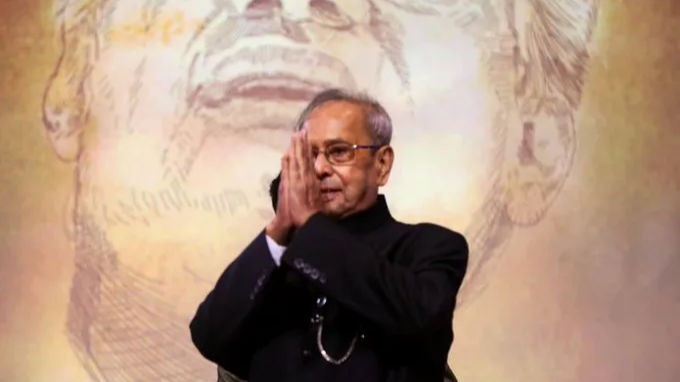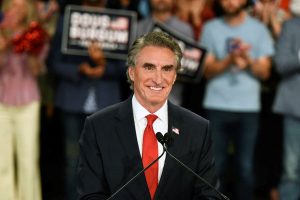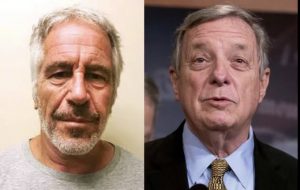Pranab Mukherjee, former president and a politician for five decades, died in Delhi’s Army hospital on Monday. The 84-year-old leader was admitted in the hospital on August 10 for a medical procedure when he tested positive for COVID-19.
Mukherjee began his political journey when he ran for public office in 1969 and won a seat to the Rajya Sabha as a member of the Bangla Congress, which later merged with the Congress Party. In 2012, he succeeded Pratibha Patil as the President of India. During his tenure as a president, Pranab Mukherjee, fondly remembered as Pranab Da, took executive decisions which made him popular among the masses.
The Twitter handle of Rashtrapati Bhavan was launched on July 1. Not only this, he opened three tourist circuits — Rashtrapati Bhavan, Mughal Gardens and Rashtrapati Bhavan Museum — in the Bhavan for the public. These were his attempts to bring the President closer to the people of the country.
In exercising his presidential power, envisaged in Article 72, President Mukherjee commuted four mercy petitions and rejected 30, second only to Ramaswamy Venkataraman, who rejected 45 mercy pleas.
In 2016, he launched ‘Smartgram’, under which he adopted five villages in Haryana with an aim to develop them as smart villages.
During his last two years of presidency, he became the first head of state to teach children, a profession which he held close to his heart.
Mukherjee had always remained a dependable and reliable man, he didn’t shy away from doing what he thought was right. He was a man of action. The quintessential image that Mukherjee carried with utmost grace, had shown in his four-decade long life in politics. Never once was he left flabbergasted. He always had an answer and bounced back in style. Best part? He was quaint about it.
During his farewell, Prime Minister Narendra Modi addressed him as a father figure and mentor.
In his book – The Coalition Years 1995-2012 – he mentioned that he thought he would’ve been the next in line for the post of Prime Minister after Sonia Gandhi had declined the office, but the office was given to Dr. Manmohan Singh.
He said: “I was reluctant to join the government, and informed Sonia Gandhi accordingly. She, however, insisted that I should join the government since I would be vital to its functioning, and be of support to Dr Singh. As it turned out, Dr Singh would talk to me on all important issues and seemed to depend on me.”
In the coming years, he carried out his work in the party sincerely. During his political life, he held the portfolios of Defence, External Affairs, and Finance. Not only did he hold the office but initiated some major changes in all these sectors.
Mukherjee was the fifth president to receive the Bharat Ratna Award. He joined the list of former presidents — Sarvepalli Radhakrishnan, Rajendra Prasad, Zakir Hussain and VV Giri — who were also conferred with the nation’s highest civilian honour.
Since leaving the Rashtrapati Bhavan, Mukherjee remained quite active in politics. In 2019, in his speech, he said the freedom of press is among the many freedoms that all democracies must strive hard to propagate, preserve and protect. He emphasized that a democracy without a free press is like a “blank piece of paper”. This reflects his true democratic in nature and always made his thought heard and remained in the fore.
In 2020, in the first Sukumar Sen Memorial Lecture, organised by the Election Commission, he said he believes that the present wave of largely peaceful protest that has gripped the country will enable the deepening of India’s democratic roots.
This reflects his truly democratic nature, his firm belief in the constitution and his love for the nation and its people.







